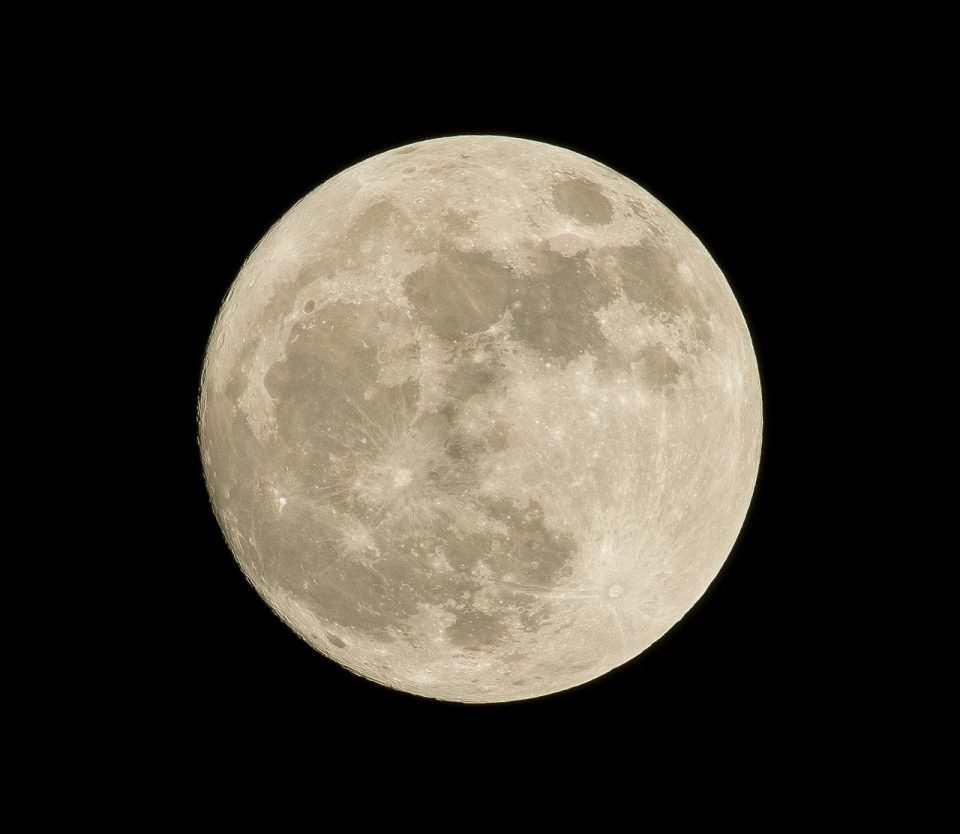For hundreds of years, sky gazers have speculated the full moon affects human behavior and mental health, and it turns out our ancestors were onto something.
A study from the Indiana University School of Medicine looked for connections between the weeks of a full moon and suicide rates. Researchers examined data from the Marion County coroner’s office between 2012 and 2016.
Alexander Niculescu, professor of psychiatry in the School of Medicine, said they discovered evidence to support the hypothesis, with a marked suicide increase during full moons.
“There are more deaths by suicide in the week of the full moon compared to the rest of the month,” Niculescu reported. “There’s also an interesting age effect, where people who are somewhat older — 55 and above — the effect is more pronounced. But in all ages there is an effect of the full moon on suicide.”
Niculescu noted the research showed the need for medical professionals to closely watch higher-risk patients during the fall months, and during late afternoons. If you or anyone you know is struggling or in crisis, help is available 24 hours a day, seven days a week by calling or texting 988, the Suicide and Crisis Lifeline.
Niculescu noted biomarkers which predict the greater likelihood of suicide attempts appear to be regulated by the body’s own internal clock, the circadian clock. He stressed there is elevated risk for people who struggle with alcohol or depression.
“The biomarkers that are related to the full moon — the genes and the mechanism in the body that regulate levels of activity, levels of sleep and wake cycle — the body has a clock that does that,” Niculescu explained. “And that clock seems to be tied into this increased risk for suicide.”
He added they hope to expand the study to determine if factors like the bright light from full moons are similar to the light emitted from screens on electronic devices.

